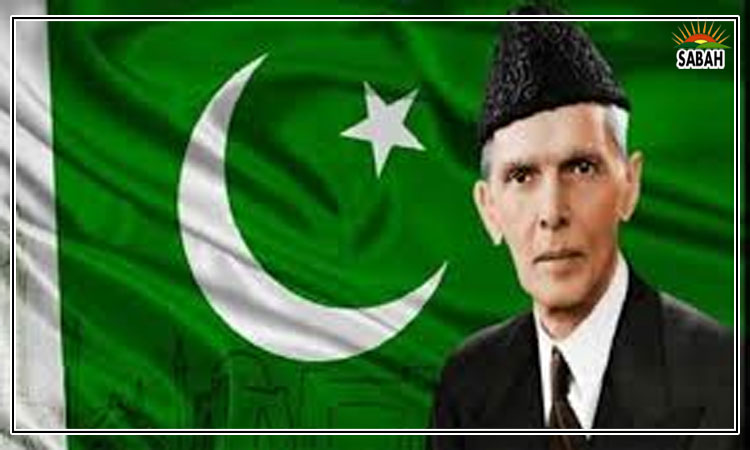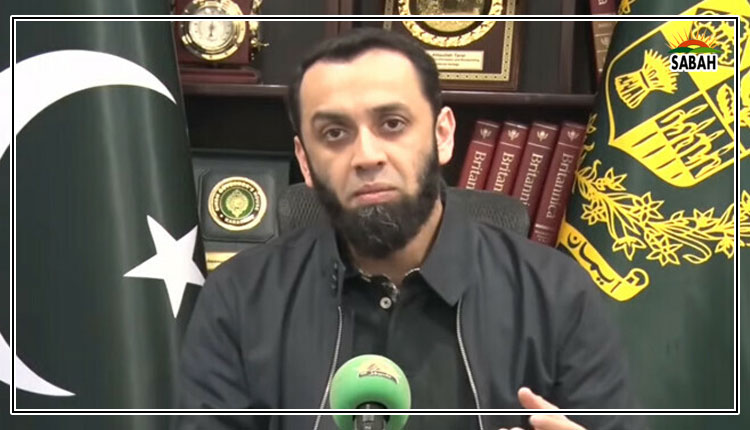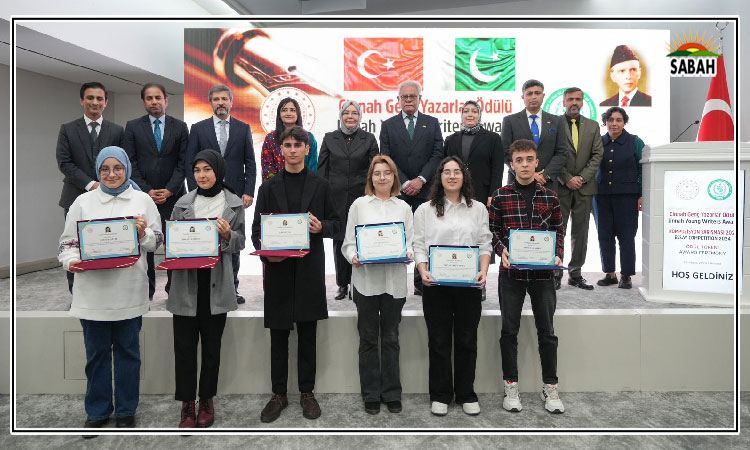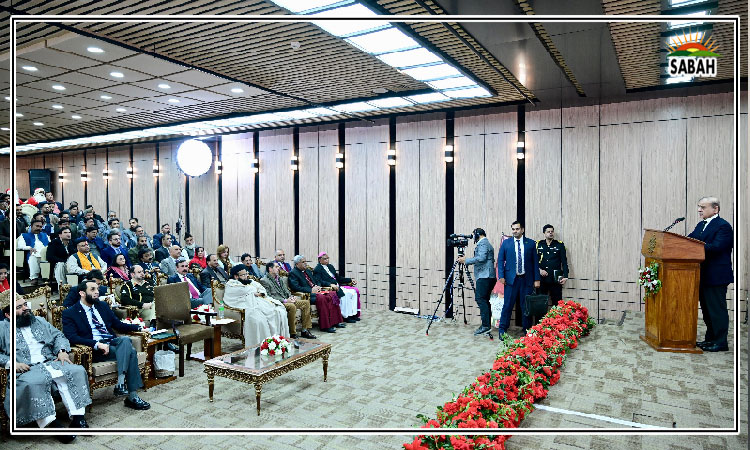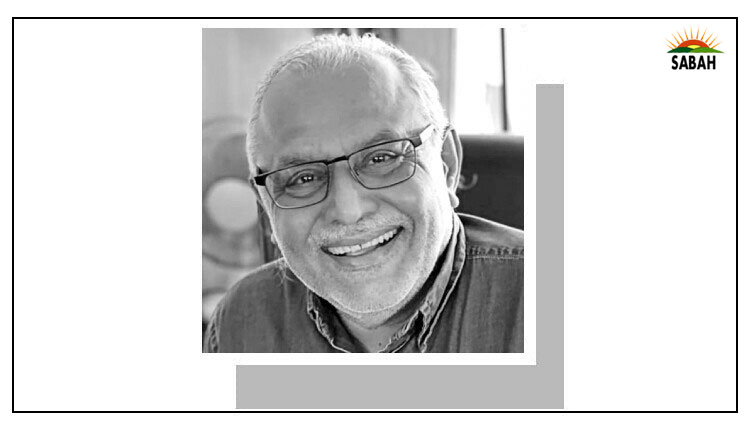Hybrid pitfalls for PML-N ۔۔۔۔ Abbas Nasir
HYBRID set-ups have internal power struggle built into them. Like me, if you find some of the statements confusing — signalling differences of opinion within the top tiers of the major political parties — you must determine whether this is a precursor to something dramatic or merely a struggle to create some elbow room in the straitjacket these parties find themselves in.
Apologies for the mouthful above. Before you give up on this column and move on to the next, let me explain what I am trying to say. Just as the PML-N is contributing to the establishment’s ever-expanding footprint (as did the PTI before it), it is also clear the party isn’t exactly content with the status quo.
Don’t you consider it bizarre that while Shehbaz Sharif is the prime minister and party supremo Nawaz Sharif’s daughter Maryam Nawaz holds the reins to Pakistan’s biggest province, with over 50 per cent of the country’s population and votes, senior leaders such as Rana Sanaullah and Javed Latif continue to moan and groan about how the ‘real’ power is vested elsewhere?
If Prime Minister Shehbaz Sharif functions as a junior partner in a hybrid regime, where he takes the back seat in key areas such as the economy, law and order, and control of all federal law-enforcement/ investigation/ intelligence agencies, surely he can’t be happy governing with these and other constraints.
The PML-N isn’t alone in this struggle for space as similar mixed signals come almost daily from the PTI as well.
For instance, the party’s favourite candidate for finance minister could make it only to the foreign ministry, while a rank outsider, who was elected senator from Punjab by the PML-N but didn’t bother to reciprocate by joining it, is the interior czar.
The prime minister’s niece and Punjab chief executive appeared reluctant to allow the transfer of a police officer serving as Lahore’s top cop to Islamabad Police as its chief, merely because it was so willed by the interior minister. Everyone knows where he draws his power from and, therefore, he prevailed. His denial of any friction with the prime minister didn’t change the reality. Both Shehbaz Sharif and Maryam Nawaz appeared helpless and couldn’t stop this policeman’s transfer.
Such slights might be an integral part of hybrid regimes, which politicians willingly accept as they feel their political future and longevity in office hinges on them. Still, it must be hurtful.
So how do they air their disappointment while, at the same time, keeping onside their establishment benefactors? Well, they let the Rana Sanaullahs and Javed Latifs hold forth about who is who in the country’s power structure and point out its flaws. Obviously, all this is done in the hope of exerting some pressure on the powers that be for a few concessions, so a little space is secured in decision-making.
They may have decided to ride on the coat-tails of the establishment to power, but they also understand that in the ultimate analysis whatever political capital is at stake it is theirs alone to lose. Ergo, the quest for a little more elbow room.
As it is, any upturn in the economy will be credited to the military-steered SIFC and any fallout from the IMF-mandated belt-tightening, inflation and unemployment will fall squarely on the PML-N’s shoulders, further eroding its electoral prospects whenever the next elections are held.
The PML-N isn’t alone in this struggle for space as similar mixed signals come almost daily from the PTI as well, with one top leader talking of political reconciliation one day and being shot down by others in the party the next. One moment, you hear a party stalwart saying there is no point in talking to other political parties, and that dialogue can only take place with the real rulers such as ‘the army chief and the DG ISI’, and the next moment he is contradicted by Imran Khan himself.
As far as the establishment is concerned, it appears to have one unambiguous message: it isn’t interested in a dialogue or in offering any other concession to the PTI that gives Imran Khan more space than he already commands on account of his sizable public support. It is a zero-sum game with the PTI.
Therefore, the establishment is happy to lead a hybrid regime because it hopes that it is the safest bet to revive the economy, which it identified as an existential threat to the country and, by implication, to itself. Unless some dramatic development forces a change in its approach, this sentiment will prevail.
In Pakistan’s case, this ‘dramatic development’ could well come in the shape of the next chief justice or the chief of army staff if there are no hitherto undisclosed extension plans, as in a country which has seen the systematic, single-minded destruction of institutions, appointments to the top slots of key institutions assume great significance.
I am afraid this trend will continue till political parties, without exception, abandon their pursuit of shortcuts to corridors of power through partnerships with extra-parliamentary forces and start relying on the support of their electorate alone to get into government.
My guess is that, given that any such fundamental change isn’t likely in the foreseeable future, hybrids of one sort or another — ie, with one permanent player and a revolving door policy to choose the junior partner — will continue, regardless of the consequences. So expect a lot more of meaningless, often combative rhetoric that leads to nowhere.
For the love of my beloved land, where some 40pc of the population lives below the poverty line, where a staggering 26 million children are out of school and where basic health facilities and potable water are like gold dust, I earnestly hope that even this deeply flawed system is able to deliver some basics to the people. I shudder to think what will happen if the anger and despair of millions of desperate Pakistanis blows the lid off the system.
The writer is a former editor of Dawn.
abbas.nasir@hotmail.com
Courtesy Dawn, April 28th, 2024




